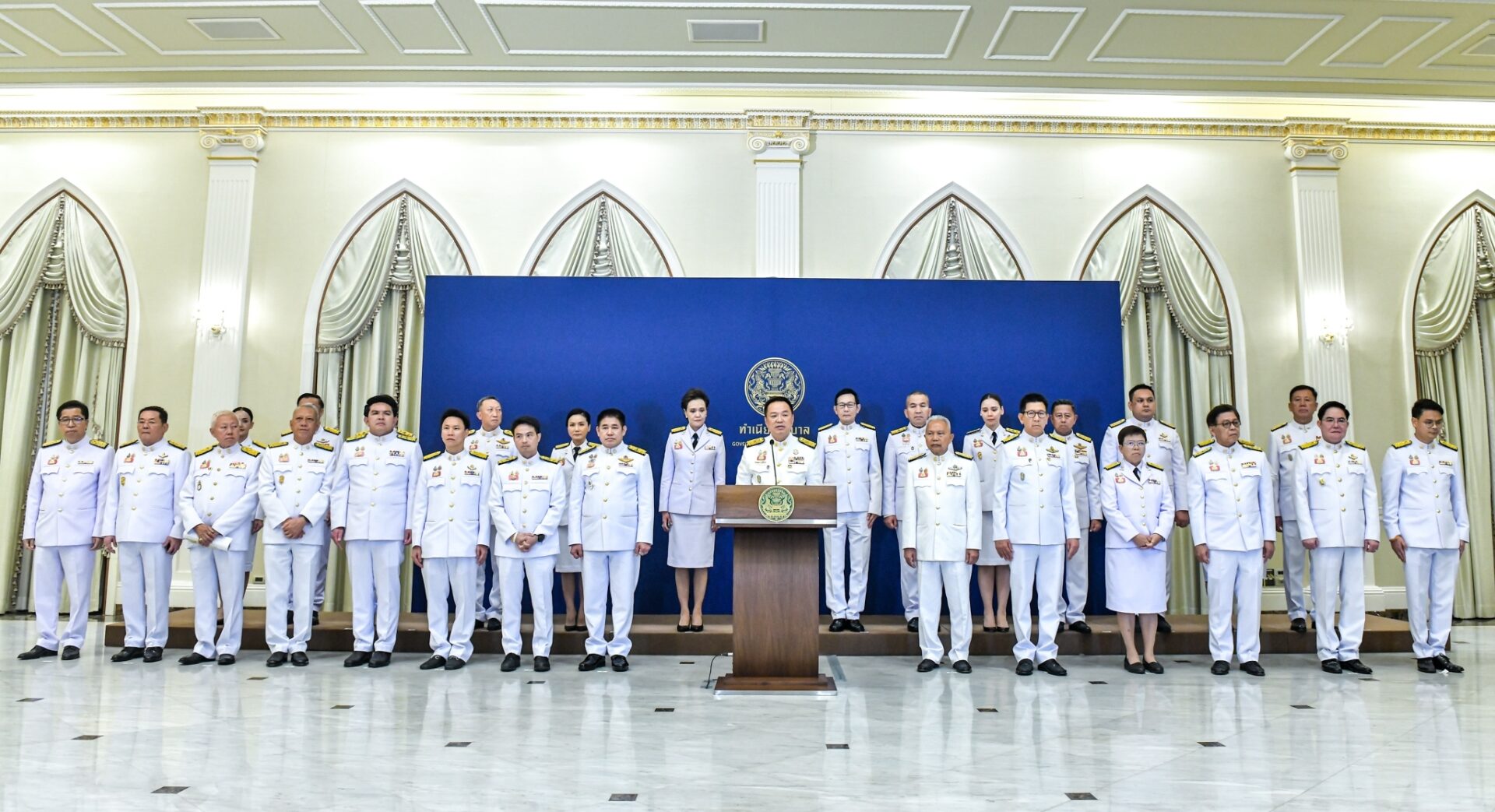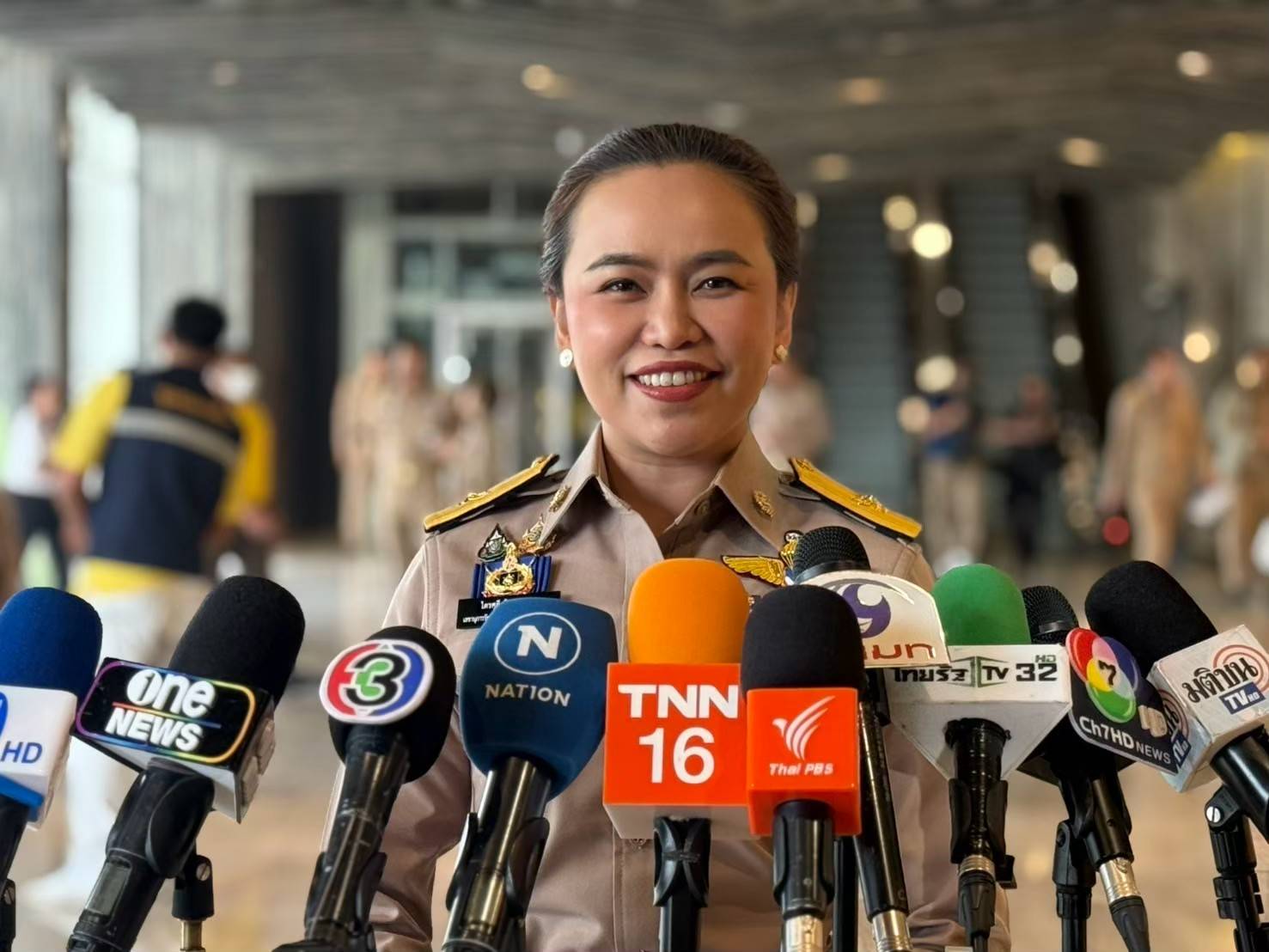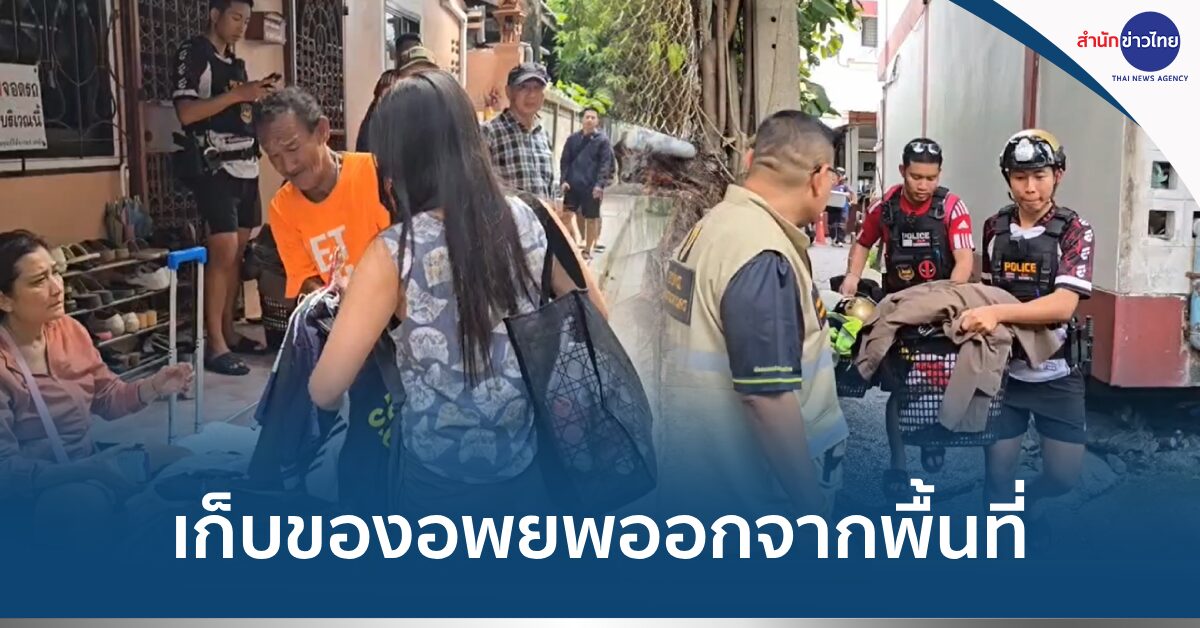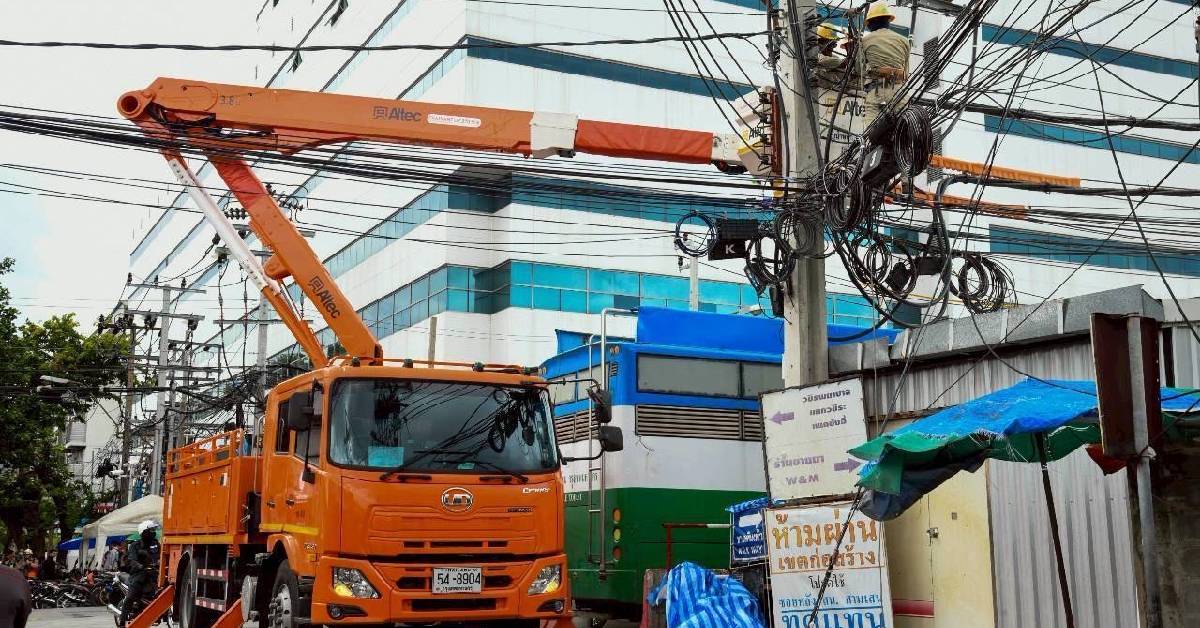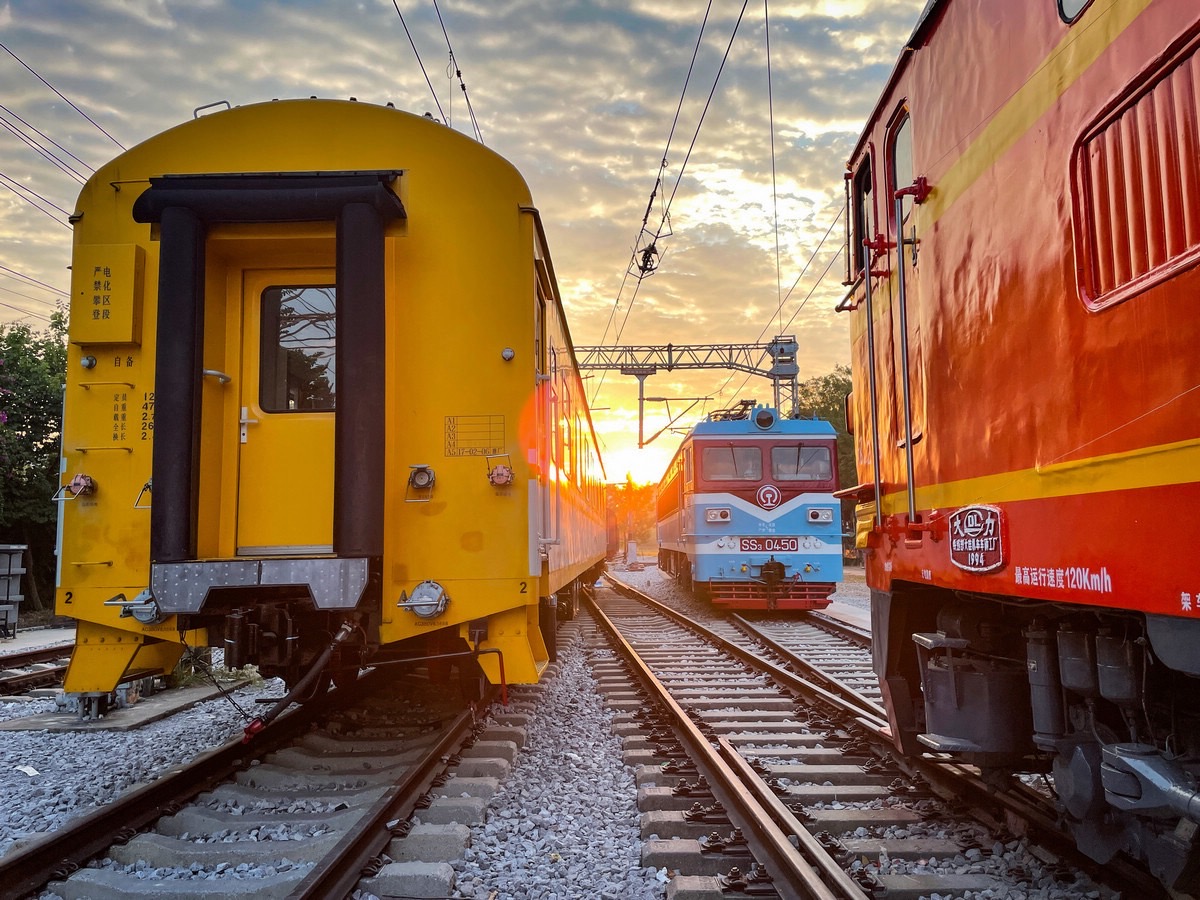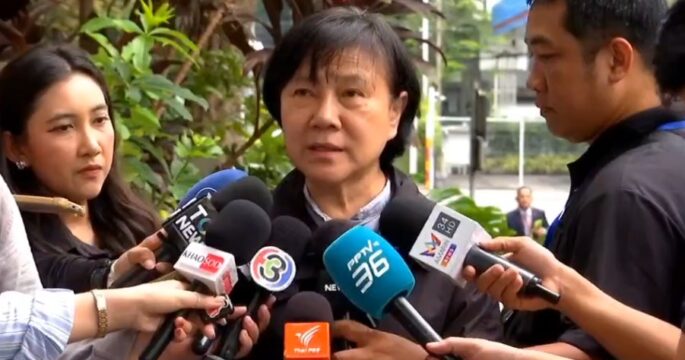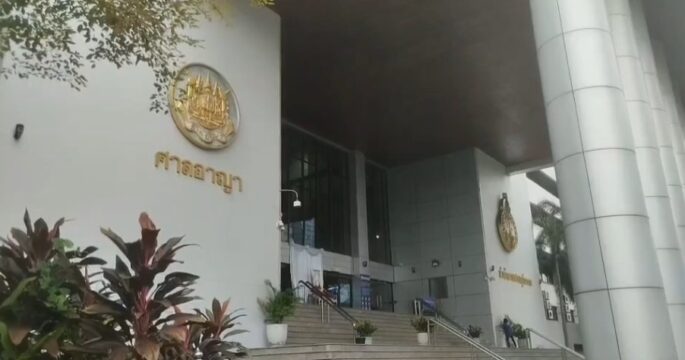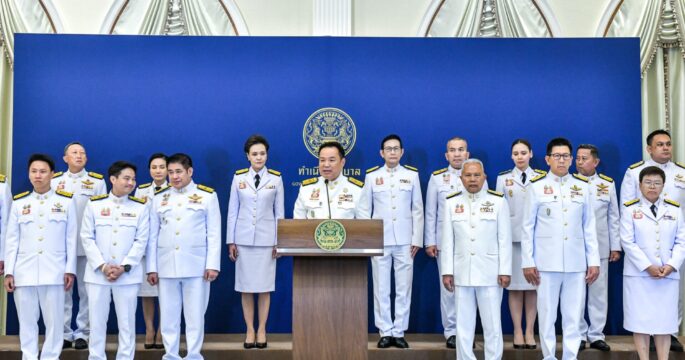LIUZHOU, Guangxi — The Liuzhou Railway Vocational Technical College in China’s Guangxi Zhuang Autonomous Region is providing a path for Southeast Asian youth to build careers in the railway industry.
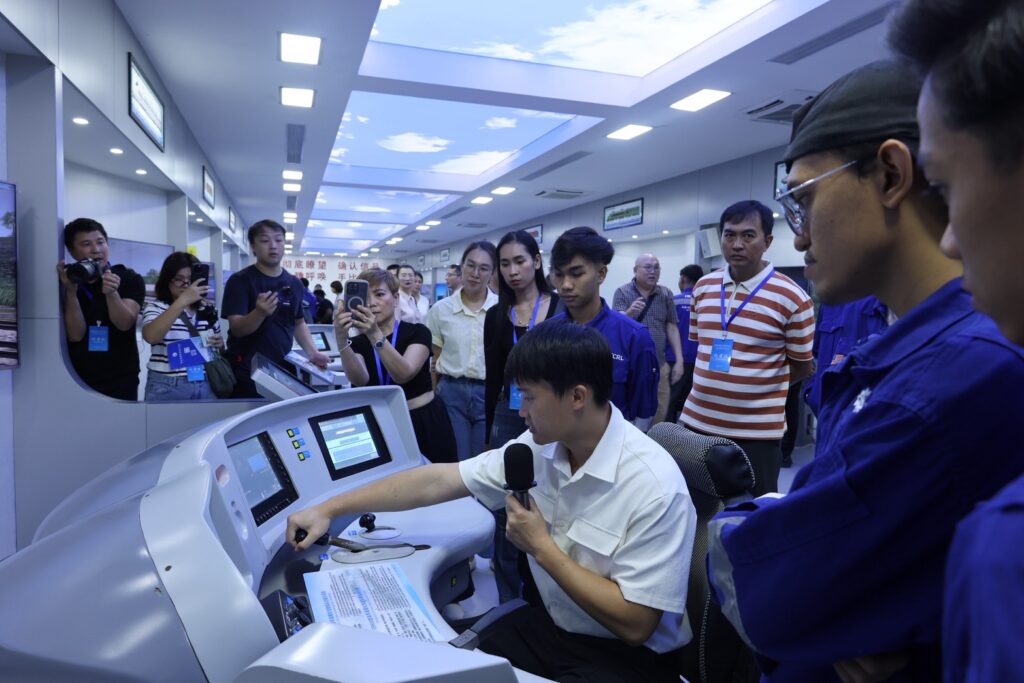
The college, which started in 1956 as the Liuzhou Railway Transportation School, now spans 320 acres and enrolls over 15,000 students. It offers 45 programs, providing students with hands-on training in everything from wheel-and-track systems to virtual train driving. This makes it a key national vocational institution and the only one in Guangxi to offer such a wide range of railway courses, aligning with China’s national strategy to modernize its transportation network.
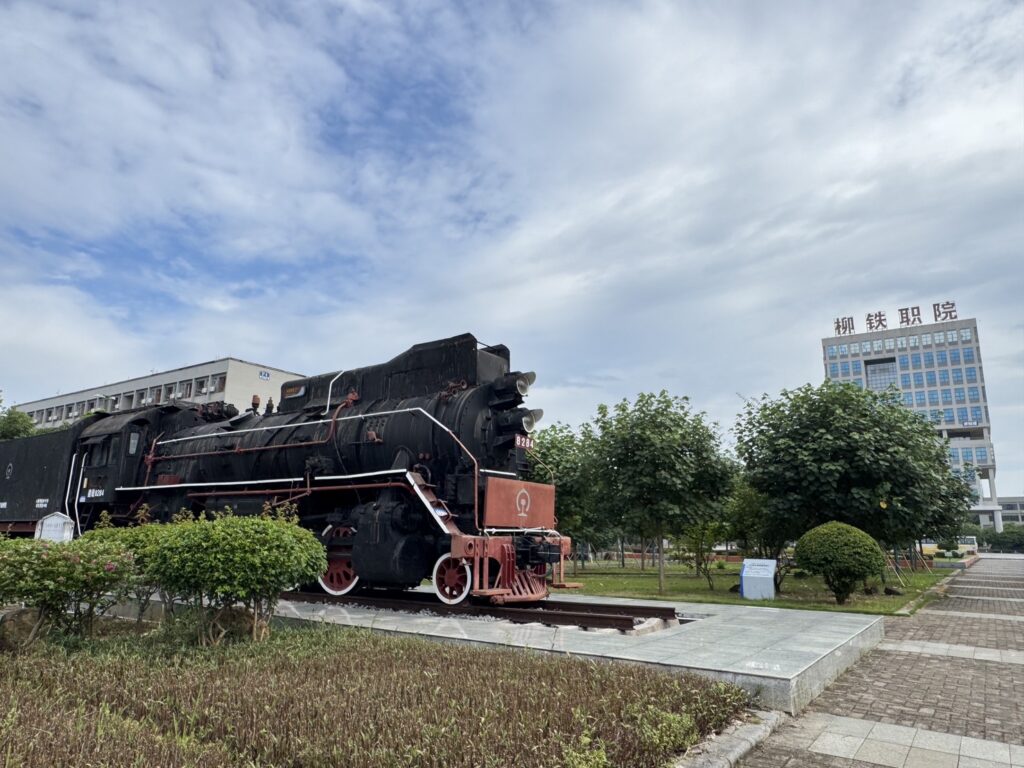
The institute is actively pursuing international partnerships to train railway professionals. It offers scholarships to students from Thailand, Malaysia, Laos, Indonesia, and Vietnam, focusing on key areas like railway transport, urban rail, new energy vehicles, smart manufacturing, and AI.
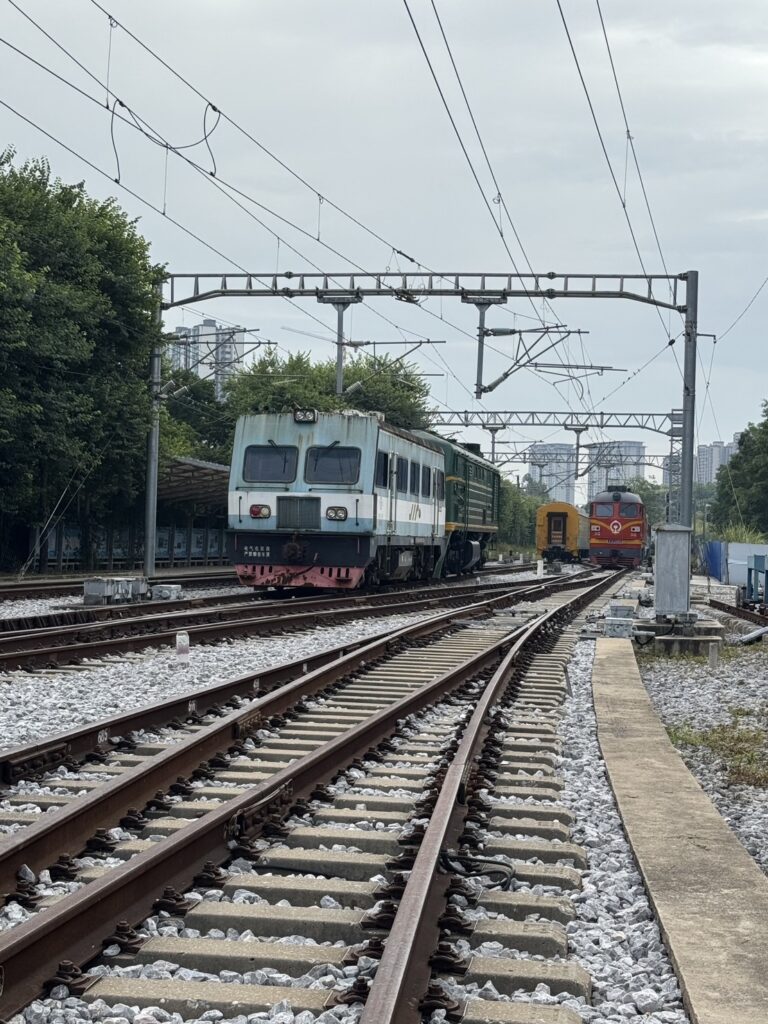
The college offers scholarships to students from five Southeast Asian nations: Thailand, Malaysia, Laos, Indonesia, and Vietnam. Over the past few years, it has signed cooperation agreements with 10 educational institutions, including the Panyapiwat Institute of Management (PIM) in Thailand and the Bandung Institute of Technology in Indonesia. These partnerships have resulted in the training of at least 1,000 skilled railway professionals for ASEAN countries.
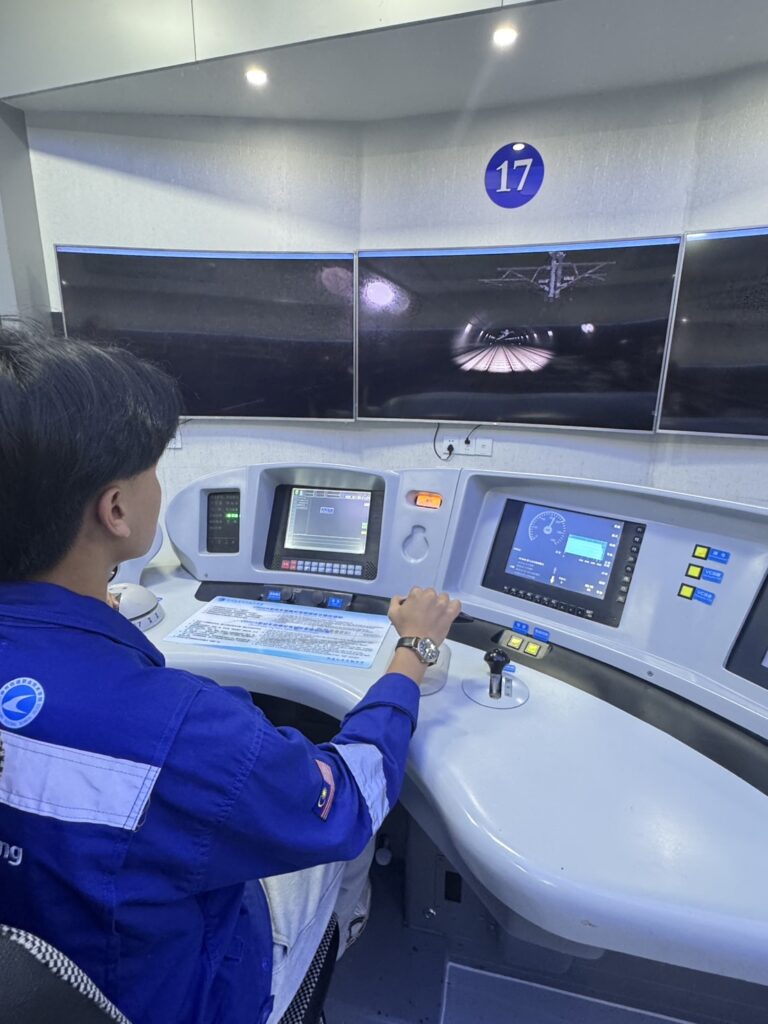
These programs are designed to prepare ASEAN youth for careers in the railway and high-speed rail industries, including major projects under the Belt and Road Initiative such as the China-Laos Railway, the Jakarta-Bandung High-Speed Railway, the China-Thailand Railway, and the China-Malaysia East Coast Rail Link (ECRL). Additionally, the Liuzhou Railway Vocational Technical College has sent faculty members to Vietnam to share their expertise on electric power technology with Vietnam Railways.
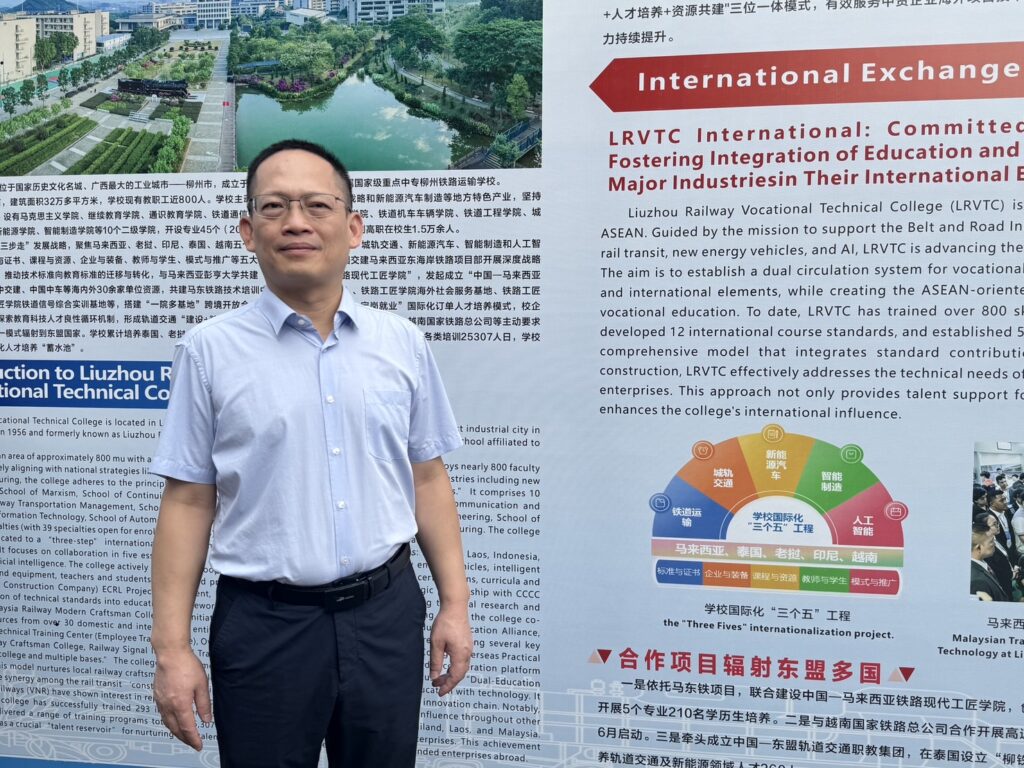
Qin Haibo, President of the Liuzhou Railway Vocational Technical College, proudly stated that the collaboration between his institution and ASEAN schools has been highly successful and has effectively created employment opportunities for ASEAN youth. He cited the example of 37 Malaysian students who participated in the ECRL assistant driver training program. All of them have been hired and are set to become the first group of standard train drivers in Malaysian history by the end of 2025. -819 (TNA)
